Press
Repsol surpasses 1,500 service stations in Spain and Portugal offering 100% renewable Nexa Diesel
The multi-energy company consolidates its leadership in renewable fuels with 1,500 stations offering 100% renewable Nexa Diesel and meets the target set in the updated 2024-2027 strategic plan.
Press Release
29 December 2025
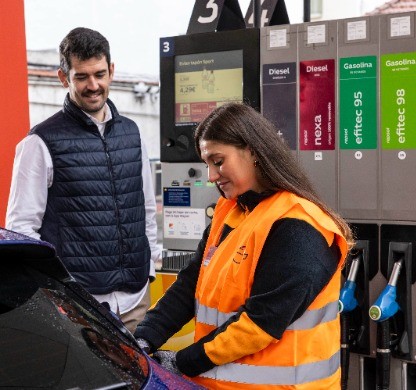
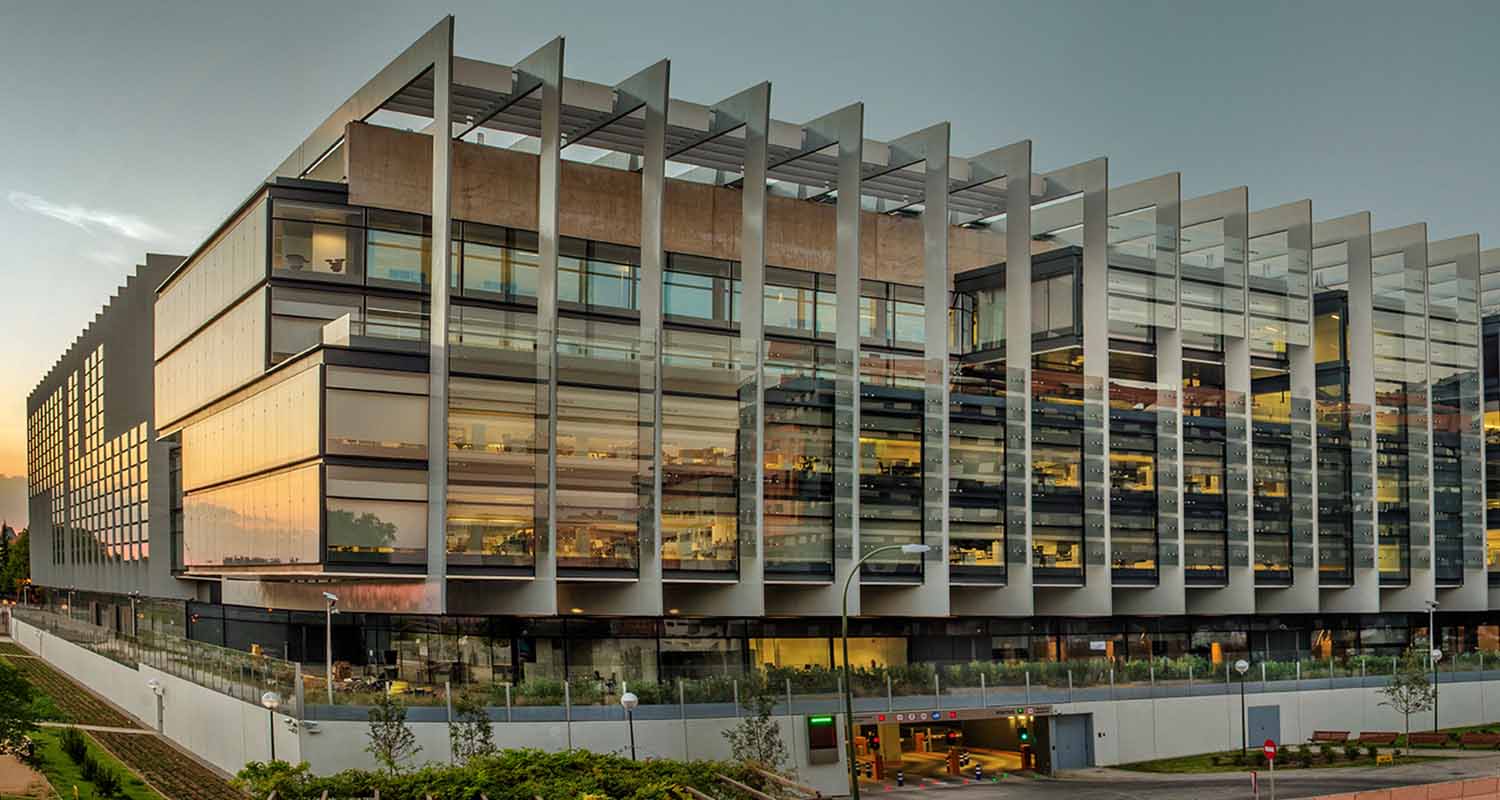
Repsol receives a Platts Award for its deployment of 100% renewable fuels in Spain and Portugal
Repsol has received the award in the Excellence in Energy - Downstream category for the roll-out of NEXA fuels of 100% renewable origin in 1,500 service stations in its network in Spain and Portugal, one of the largest European networks for the commercialization of renewable fuels.
Press Release
12 December 2025
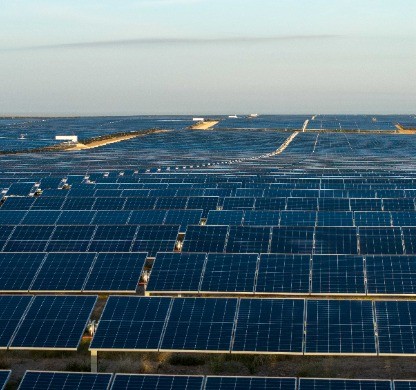
Repsol advances its renewable energy strategy in the US with a new deal with Stonepeak
Stonepeak will acquire a 43.8% stake in the Outpost solar project (629 MW) from Repsol for $252.5 million (€220 million).
Press Release
11 December 2025
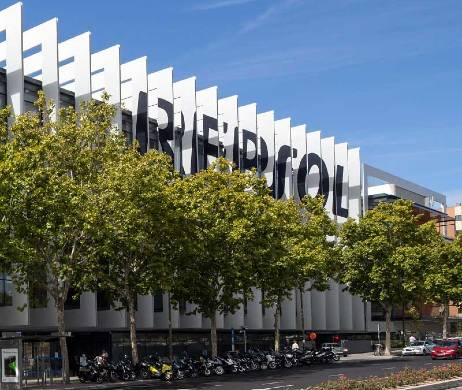
Repsol and HitecVision to merge their joint venture with TotalEnergies’ UK upstream business, becoming the leading oil &gas operator in the UK North Sea
The addition of TotalEnergies UK’s operated high quality producing assets will strengthen NEO NEXT’s balance sheet, reinforce its operational capabilities and support its development activities, ensuring a long-term resilient future for its oil and gas business in the UK.
Press Release
08 December 2025
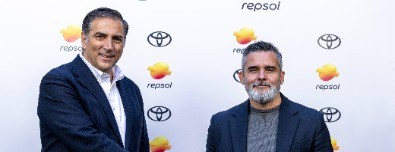
Repsol and Toyota join forces to promote decarbonization in the automotive sector
They have signed a multi-technology collaboration agreement that includes electric charging solutions, power and gas, renewable fuels, solar panels, emissions offsetting, and energy efficiency for Toyota’s customers, dealerships, and employees in Spain.
Press Release
03 December 2025
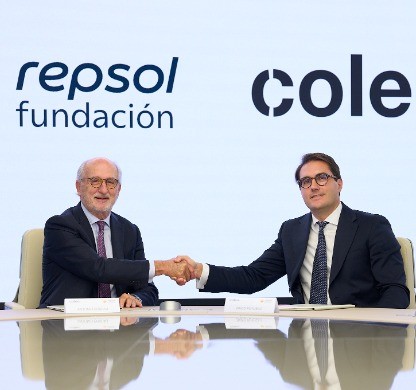
Repsol Foundation acquires 14% stake in the leading textile recycling company Coleo
With this agreement for a stake in the Coleo Group's recycling division, the Repsol Foundation doubles down on its commitment to society and to the energy transition.
Press Release
18 November 2025
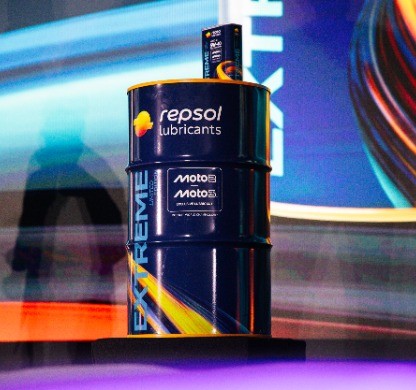
Repsol presents its new lubricant brand to boost its strategy and double the size of the business by 2030
This launch reinforces the energy company's ambition to boost its strategy, consolidate its leadership in Spain and internationally, and double the size of the lubricants business by 2030..
Press Release
17 November 2025
Multimedia gallery
images image










Contact us
Contact us
Have any questions? Get in touch with us and our agents will help you.
Updated as of December 2025.